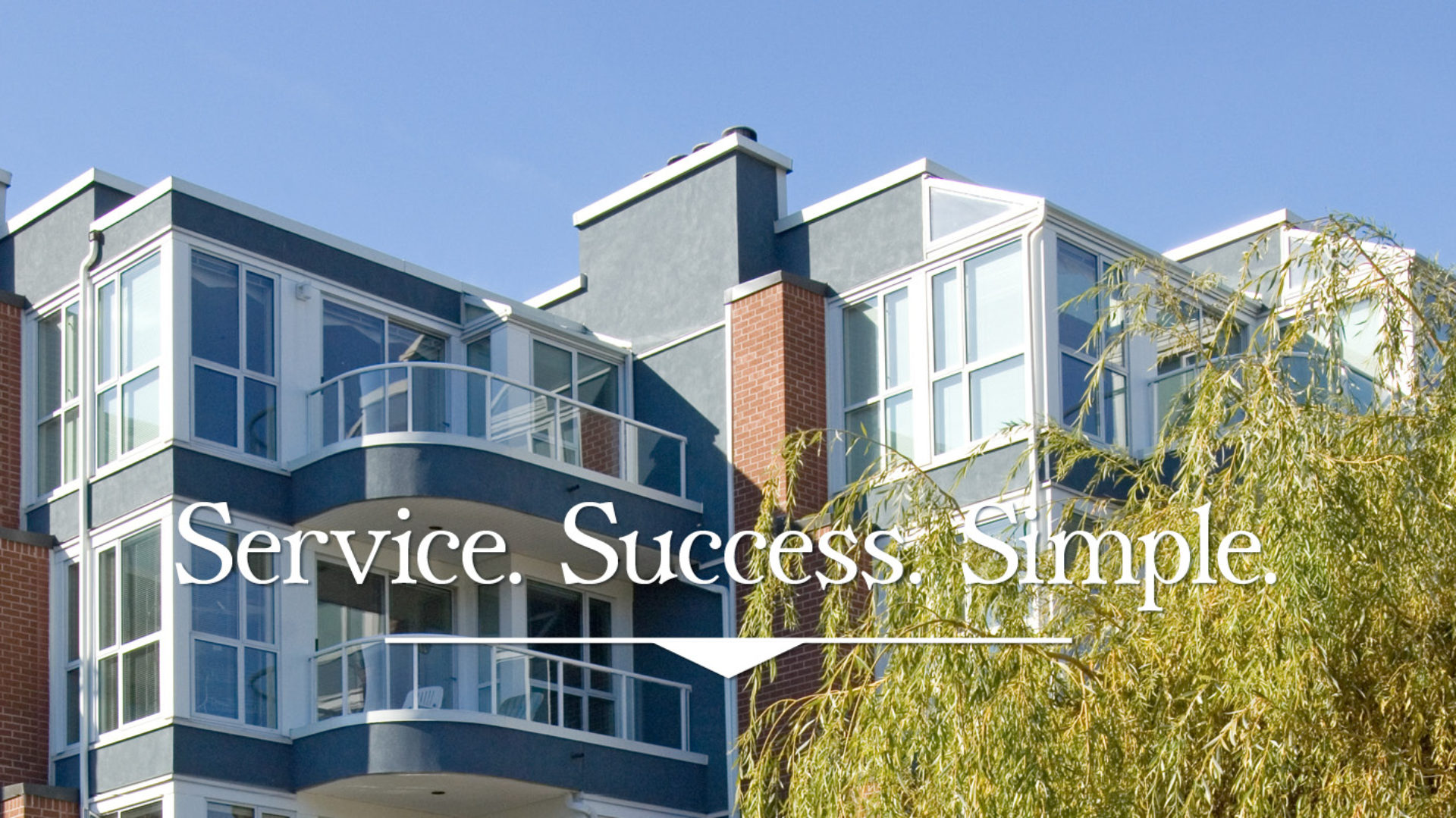Well, it happened again. I was on the phone today with a very nice woman who had fallen behind on her condominium assessments. As we discussed a payment plan to help get her caught up, she said, “When I moved in here my assessments were so much lower.”
I didn’t say anything. We moved on to discuss repayment and that was that. But I couldn’t help shaking my head just a bit. Afterwards, I took a peek to see when she moved in. I found the deed. The date on it?
1989.
That is correct. She pointed out to me that her assessments had gone up on that property in the last 30 years.
“Of course the assessments have gone up since 1989!” I wanted to yell. “That is just basic economics! Wise boards raise their assessments to allow for budget increases!”
Now, she was a very nice older lady and I am not a maniac, so I did not, in fact, yell at her. But stay with me on this. Think about what she was saying. In 1989 gas cost $1.00 a gallon. A movie ticket was $4.11 and the median home price was $110K, both of which are about a third of what they are today. And just for fun, Apple stock was $0.10. She was saying that in all that time, her condo assessments should not have gone up appreciably.
What’s the point? Prices go up. Inflation exists. Wise boards and communities plan and prepare to keep up. Assessments can – should – must increase. If you are a board member, it is more than just a good idea – it is a necessity to regularly raise you assessments, despite how unpopular that decision might be. Why is that the case?
Costs are rising
The cost of the services paid for by your assessments increase every year. Managers who are reading this post right now are nodding along. Insurance? Going up. Repair contractors? Cost more. Management contract? More expensive. Legal fees? Rising. You name it, and that line item in your budget is probably going to be higher next year than it was this year. Act accordingly.
Reserves need to be funded
Your assessments go toward, among other things, your community reserves. Those reserves are going to be used to repair or replace big-ticket items within your community, like the roof, the facade, the foundation, and more. Reserves in community associations are chronically underfunded, leading to deferred maintenance and upkeep and deteriorating buildings. Don’t fall prey to this classic board blunder.
A surplus is better than a deficit
If you fail to raise assessments when costs go up, you will end the year with a deficit, and be forced to raise the assessments just to pay the deficit lefter over from last year. Conversely, if you raise the assessments this year and finish with a surplus, you can consider funding a new project, adding to your reserves, or even becoming that rare board that reduces assessments the following year.
How to get it done
So you have been elected a board member. You know your economics, or you read a blog post or two to prepare you. You know your stuff, and you really want to ensure the financial health of your association by keeping assessments at an appropriate level. How do you do it?
Raise assessments incrementally and often
The number one way to get pushback from owners for an assessment increase is for it to be in a large amount all at once. The situation is common: the association has waited years to raise the assessments. They face a budget deficit and a new project that needs to get done. So the assessments get doubled – or worse! – the documents have a maximum annual assessment increase and the association cannot meet its obligations. Services are reduced or canceled. The solution? Raise the assessments frequently and in small amounts. A $10/month assessment increase five years in a row will be much more palatable to your owners than a $100/month increase five years from now.
Show your owners what they get for their money
Owners within community associations frequently wonder – “Where does my money go?” (an entirely reasonable question I might add). This question becomes especially popular and pointed when the board asks for more money. Ease the transition and make the increase go over smoother by tying it to a tangible benefit. Are you replacing the roof? Repaving the parking lot? Installing new windows? Amending your Bylaws? Make sure that notice goes out at the same time as, and that benefit gets discussed as the same meeting as, any assessment increase.
Conclusion
We all know being a board member in a community association is a thankless job. Owners are constantly questioning you, and your role is to not only make them happy, but also to make wise decisions. One of those decisions, unpopular though it may be, is to increase assessments at the right time to maintain a healthy bottom line. Keep these tips in mind and good luck!



One thought on “Navigating the Dreaded Assessment Increase”
Brian,
You are always on target with your common sense for HOAs and Condo Associations.
Phil Giza
CCOC Education and Outreach Chair